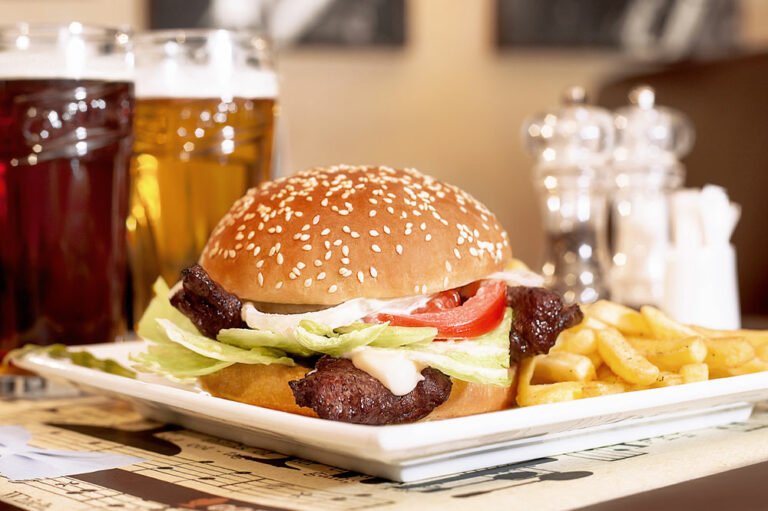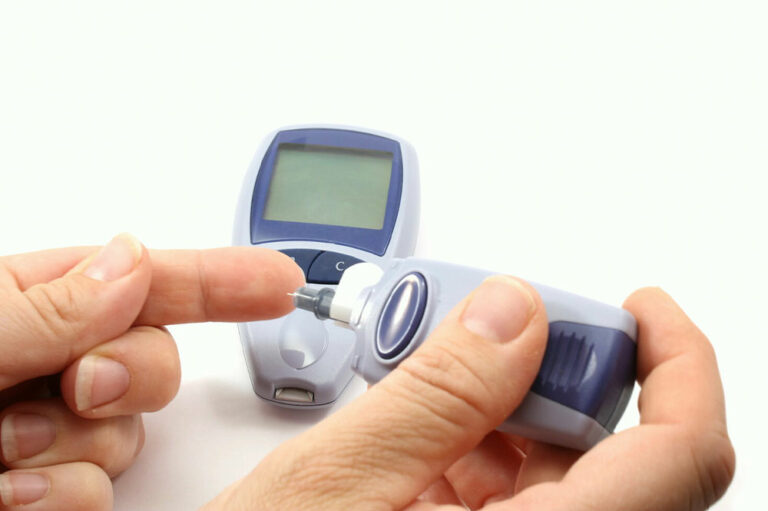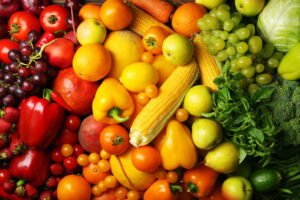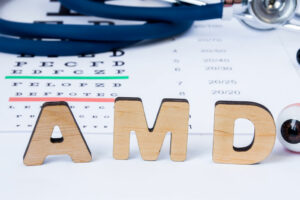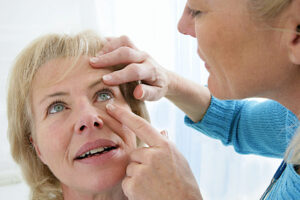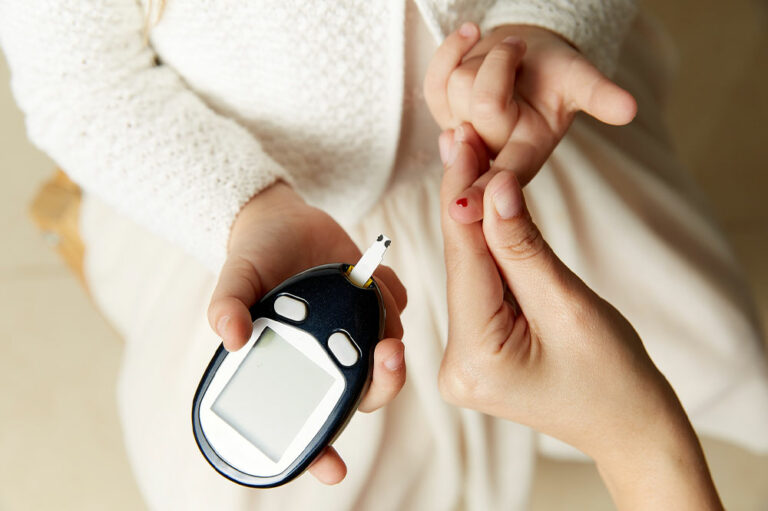
How to reduce sugar intake and manage blood sugar
It is a known fact that too much sugar can be devastating for your health. When blood sugar is high, the body produces more insulin, which can lead to several health complications, including prediabetes and diabetes. So, you must cut down on sugar. Choosing healthy snacks and increasing fiber and probiotic intake can help. Moreover, regular exercise is essential. Here are a few tips to lower sugar intake and manage blood sugar levels naturally. Avoid carbohydrates A high intake of carbohydrates has a substantial impact on blood sugar levels. The body breaks down carbohydrates into sugars like glucose, which enters the blood. While the body requires glucose for energy, an excess can be harmful. As the amount of glucose increases, so does the amount of insulin produced by the body, leading to a greater risk of lifestyle disorders. Some foods with an abundance of carbs to stay away from are potato chips and donuts. Control your portion size If you are dealing with frequent blood sugar spikes, monitoring portion size can help. When you eat a large meal, blood glucose increases suddenly. To avoid this, eat smaller meals. You can opt for five to six small meals per day instead of two or three large ones.
Read More 
